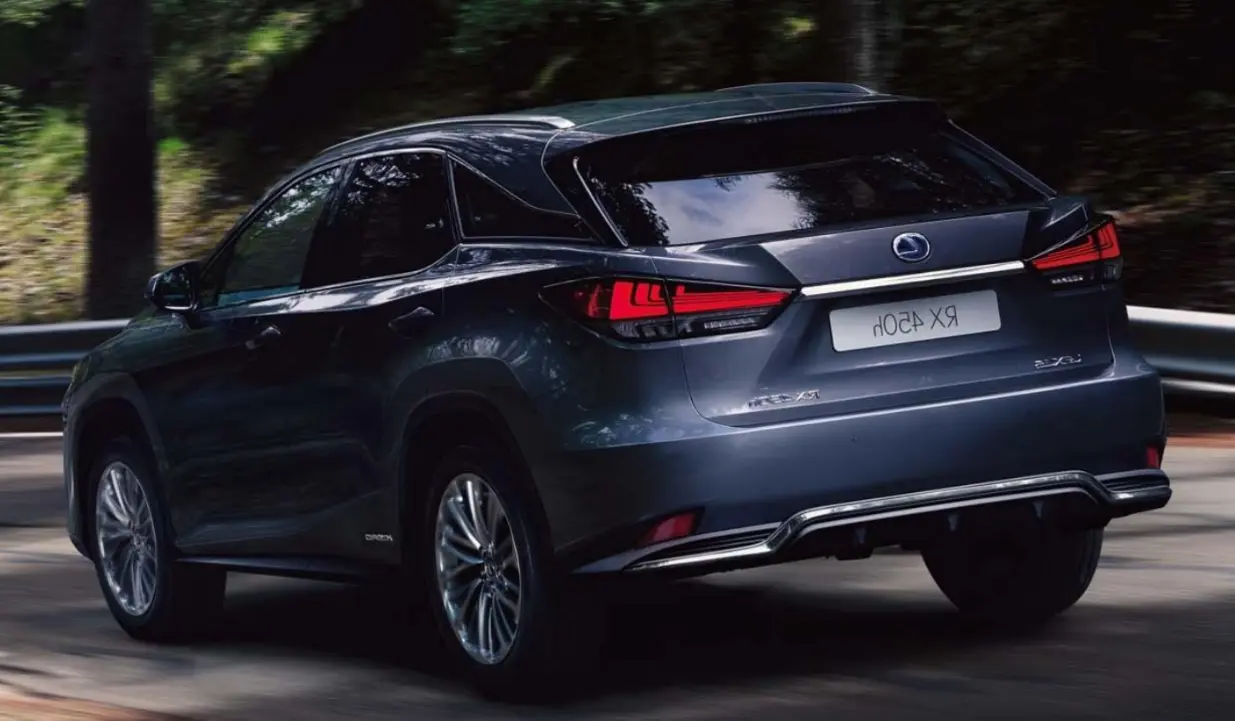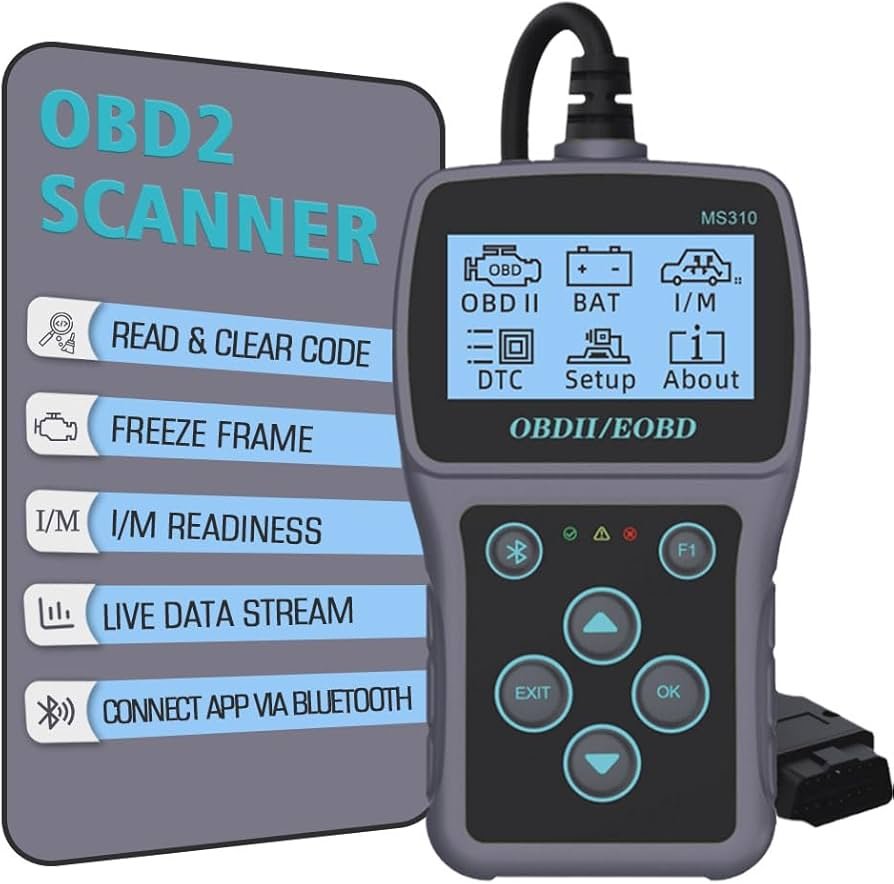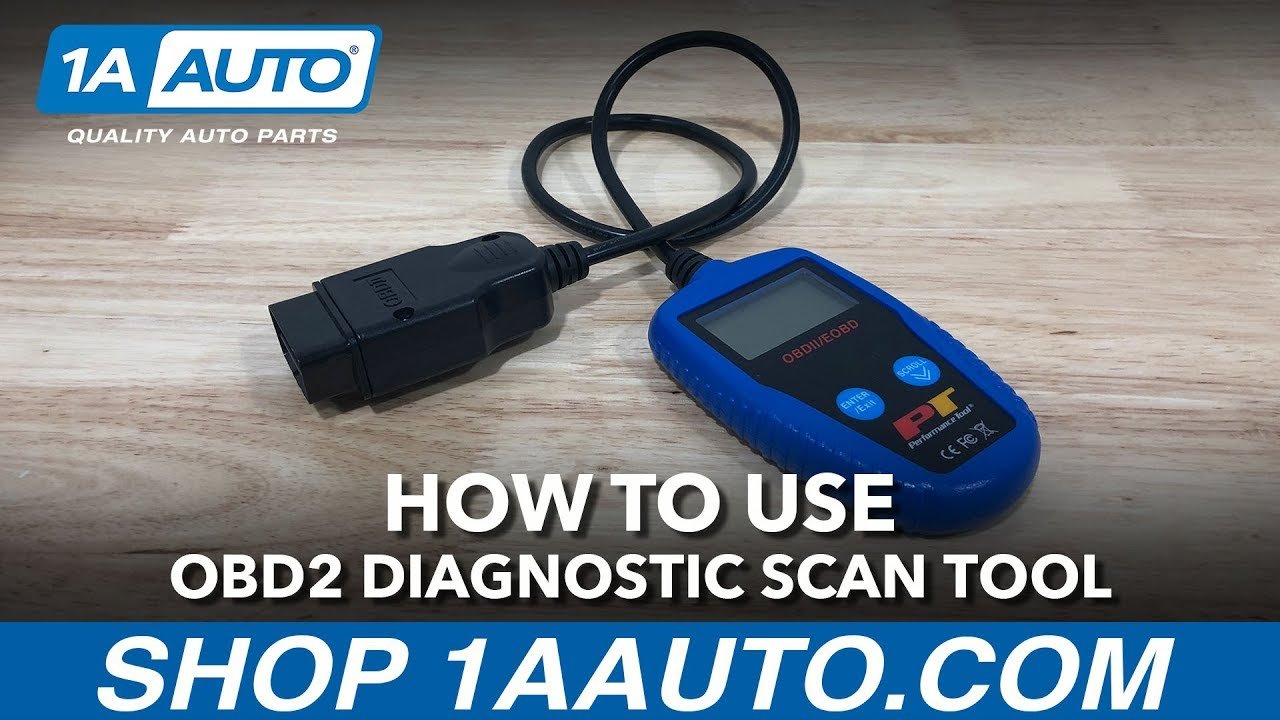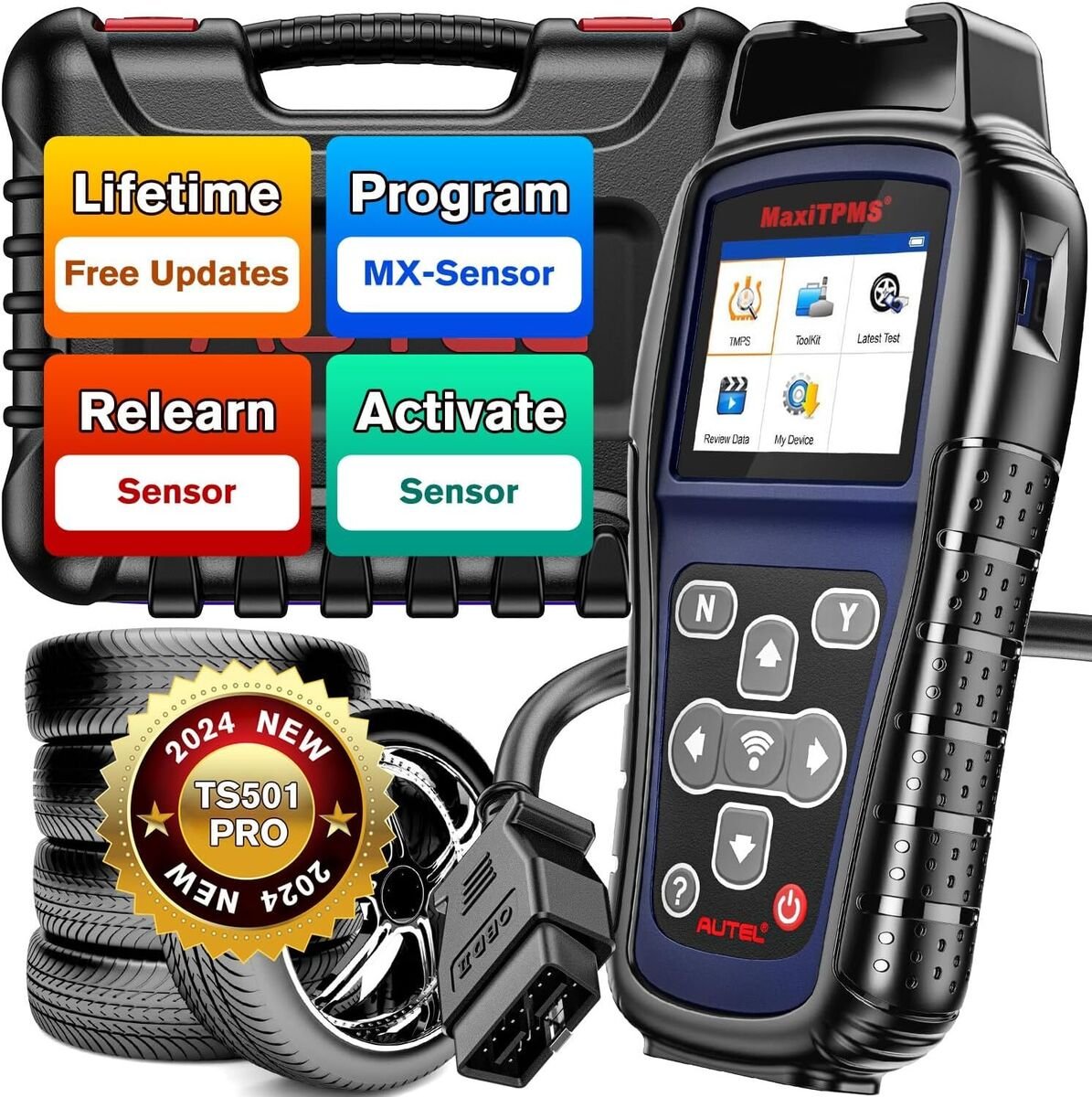While hybrids are known for their eco-friendly features and fuel efficiency, they do come with some drawbacks. Here are some common problems you might encounter as a hybrid owner:
Basic Problems with Hybrid Vehicles
Battery Longevity
Hybrid vehicle batteries degrade over time, losing their ability to hold a charge and eventually requiring repair or replacements
Fuel Efficiency Impact
Faulty battery cells can cause the car to rely solely on gasoline, reducing fuel efficiency and increasing fuel costs.
Warranty Limitations
Battery warranties typically last eight years or 100,000 miles, but many drivers keep their hybrids longer, necessitating battery replacement.
Complex Repairs
The integrated design of batteries with gasoline engines and electric motors makes repairs challenging and often expansive
Battery Replacement Issues: Replacing only faulty modules can lead to imbalance and further issues, making full battery replacement necessary once problems arises
Cost of Replacement: Purchasing new batteries from dealerships can be expensive; alternatives include buying from reputable third-party sources or opting for reconditioned batteries.





